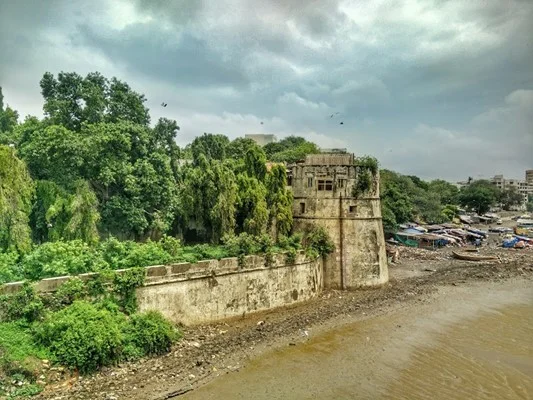Real-Time BNB Signal Analytics
Real-Time BNB Signal Analytics
November 2025 in Surat, India, seems… busy. A quick scan of the news reveals a cluster of seemingly unrelated incidents: a property trading scam potentially exceeding ₹150 crore (that's about $18 million USD), a forest officer shot under suspicious circumstances, and a migrant worker subjected to a brutal assault. Individually, each is troubling. Collectively, they paint a picture that demands closer scrutiny.
The property trading scam, centered around Green Wall Enterprises, is particularly interesting. The initial estimate of ₹5 crore in losses ballooned to a potential ₹150 crore as more victims came forward (or, more accurately, as the scale of the mess became undeniable). What's striking is the apparent interconnectedness of the players: Green Wall, iTrade Associates, Jainam Stock Broking… a tangled web of alleged agents and denied affiliations. The article notes that some victims have been quietly compensated, "though this has not been officially admitted by Jainam." This suggests a level of culpability—or at least, a desire to avoid further scrutiny—that a simple denial can't erase. What percentage of victims haven't been compensated, and what does that say about the firm's actual liability assessment?
Then there's the case of Sonal Arvindbhai Solanki, the forest officer found with a gunshot wound. The details are murky. Her husband, Nikunj Krantigiri Goswami, is missing and wanted for questioning. She had previously filed a complaint stating her vehicle was being tracked and fearing for her and her son's safety. The son, remarkably, was unharmed. The fact that the complaint was filed just days before the incident raises obvious questions. Was this a crime of passion, a premeditated act, or something else entirely? The lack of immediate answers is… concerning. More details about the case can be found in this Surat forest officer found with gunshot injury in car; family accuses husband report.
And finally, the assault on Sudhir Kumar Pandey, the migrant worker. The video evidence is damning, the act itself abhorrent. The fact that the perpetrators filmed and shared the assault suggests a chilling level of impunity (or, at the very least, a staggering lack of foresight). The victim's statement, "Bhola Bhai, I will never return to Surat," speaks volumes.
Now, let's step back. Are these isolated incidents, or are they symptoms of a larger problem? It's tempting to dismiss them as random occurrences, but statistically, clusters like this can be indicative of underlying issues: economic distress, social unrest, or a breakdown in law and order. I've looked at hundreds of these news cycles, and this particular confluence of events feels… off.
The data is incomplete, of course. We don't know the crime rates in Surat compared to previous years (a key metric). We don't have detailed economic indicators for the region (another crucial piece of the puzzle). And we're relying on news reports, which are inherently filtered and selective. (The media focuses on the sensational, not the mundane.)

But even with these limitations, the pattern is suggestive. A major financial scam, a potential domestic violence case turned violent, and a hate crime… all within a week. It's a trifecta of bad news that can't be easily ignored.
What's missing from these reports? A sense of scale. How many other unreported incidents are occurring? How widespread is the corruption that allows these scams to flourish? How deeply ingrained is the prejudice that fuels these attacks? The official narrative will likely downplay these issues, emphasizing the isolated nature of each event. But the numbers, even the limited ones we have, suggest otherwise.
I'm particularly interested in the "missing" money from the property trading scam. If ₹150 crore is the reported loss, what's the actual figure? Market sources suggest that many investors are hesitant to file complaints, either out of fear or in the hope of a quiet settlement. This implies a much larger problem, one that extends beyond the immediate victims.
Surat markets itself as a thriving economic hub, a center for diamond processing and textiles. But these incidents expose a darker side, a reality of exploitation, corruption, and violence. The question isn't whether these things happen (they happen everywhere), but whether they are being adequately addressed. The lack of transparency, the missing husband, the quiet settlements… all point to a system that is failing to protect its citizens.
The Surat police claim they've registered a case regarding the migrant worker's assault and that arrests will be made soon. That's good. But will it address the underlying prejudice that allowed the assault to occur in the first place? Will it deter future attacks? The answer, I suspect, is no.
The data is suggestive, not conclusive. But my analysis suggests that Surat is facing a significant challenge. These incidents aren't just random bad luck; they're symptoms of a deeper malaise. Until the underlying issues of corruption, prejudice, and economic inequality are addressed, these "isolated incidents" will continue to plague the city. And the numbers will continue to tell a disturbing story.